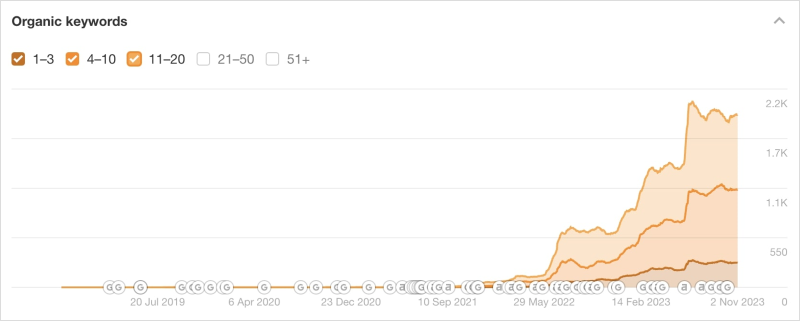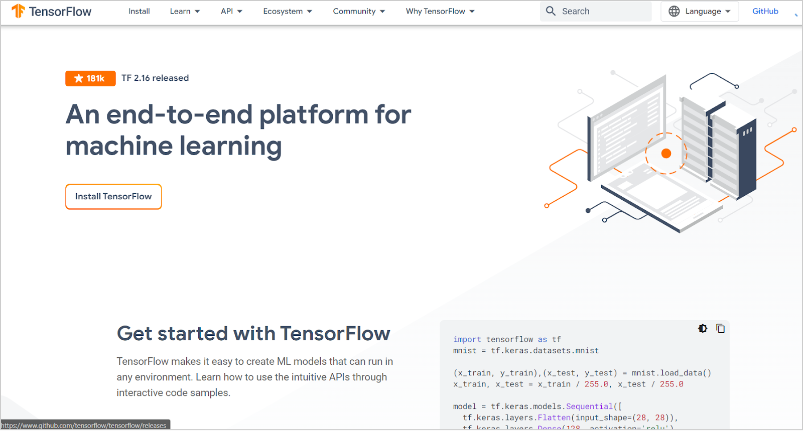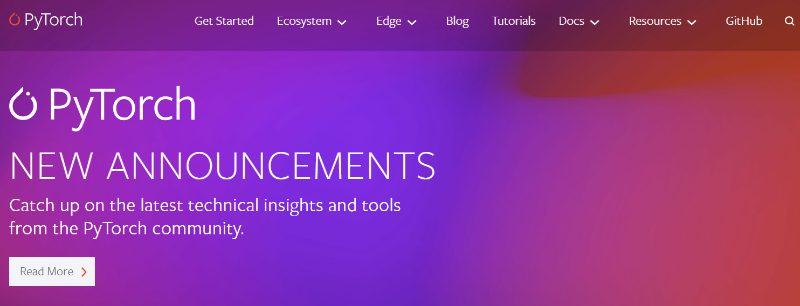During my time there, I was able to create a SaaS SEO content strategy that grew non-branded search traffic from 25K visitors a month to over 300K visitors a month — all while growing sign-up and paid conversion metrics (from SEO) by 20% QoQ (quarter over quarter).

What is SaaS SEO?
SaaS SEO is the strategy and tactics a SaaS company uses on their marketing site to help them drive organic traffic from search engines to their website, attract the right target buyers, and get users to complete a desired call to action — whether that’s a free trial sign up or becoming a paid customer.
SaaS companies invest in SEO because they believe it will help them drive revenue. It’s really as simple as that. Of course, you need to have great content and know how to create an effective content marketing strategy.
But, at the end of the day, companies invest in these initiatives because they believe it will help them drive organic growth for their companies. It’s a hedge against relying solely on paid advertising and social media algorithms to drive more users and sign-ups.
1.Tensor Flow
You have heard this before if you are working in the AI sector or if you have researched “how AI works” out of curiosity. It is a robust open-source framework that supports deep learning. The AI platform that can be accessed on mobile devices has access to tensor flow. This is part of the Google family. The tensor flow is an apt tool for statistical program development. It offers various levels of training, modal abstraction training at any level the user prefers.

Some of the main features of Tensor Flow are :
- Provide proper, well-documented manuals for people.
- Provide easy programming through a multi-programming interface.
- Major open-source community due to strong growth
Pros:
- Python learners use tensor flow, which is extremely popular nowadays.
- This AI framework has high computational power. CPU or GPU can be used for it.
- The machine models are used to create the computational graph.
- It is famous for its flexibility and scalability and is most suitable for major AI applications.
2.PyTorch
Facebook’s AL research lab developed PyTorch, a renowned AI framework. It is also an open-source framework for artificial intelligence and Machine learning. It helps with various tasks, ranging from research prototyping to machine learning.

